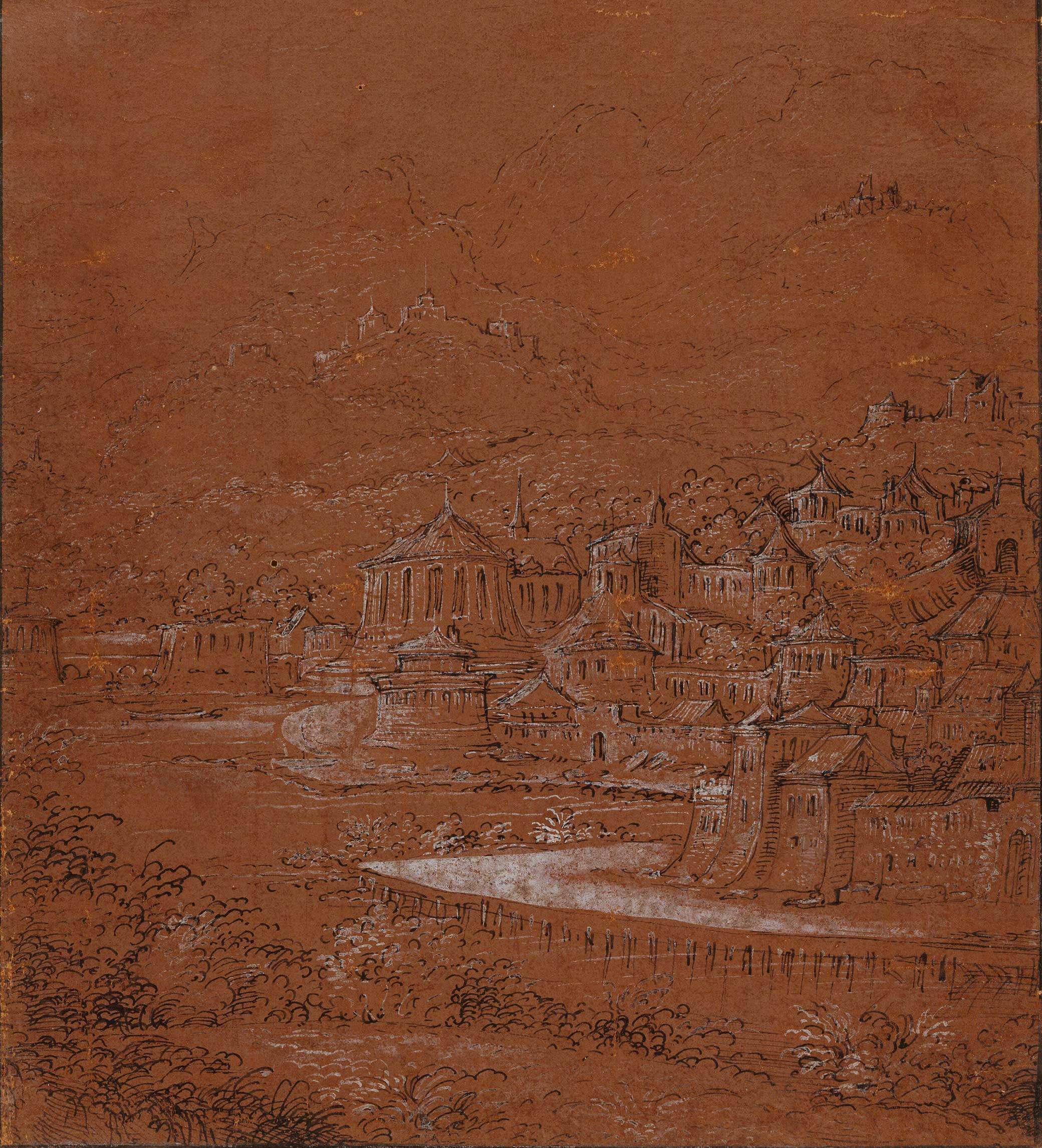
Mountain Landscape with an Imaginary City, by Hanns Lautensack, c. 1554. The J. Paul Getty Museum, Los Angeles. Digital image courtesy the Getty’s Open Content Program.
• “As a young historian I abandoned the fiction of critical distance, though I still needed to come to terms with the complexities of writing about my own family and community. Now, when my students ask how to balance writing about and working with their own communities in a professional career, my answer is simple: you do it with love.” (Perspectives Daily)
• No longer for sale: a T. rex of confusing vintage. “They’re using Stan to sell a dinosaur that’s not Stan. It’s very misleading.” (New York Times)
• The history behind the conspiracy theories at the heart of Ancient Apocalypse: “Scholars and journalists have pointed out that Graham Hancock’s ideas recycle the long since discredited conclusions drawn by American congressman Ignatius Donnelly in his book Atlantis: The Antediluvian World, published in 1882. Donnelly also believed in an advanced civilization—Atlantis—that was wiped out by a flood over ten thousand years ago. He claimed that the survivors taught Indigenous people the secrets of farming and monumental architecture. Like many forms of pseudo archaeology, these claims act to reinforce white supremacist ideas, stripping Indigenous people of their rich heritage and instead giving credit to aliens or white people.” (The Conversation)
• The story behind a new video game set in sixteenth-century Bavaria: “The player takes control of Andreas Maler, a journeyman artist with a university education, embroiled over twenty-five years in a series of murders and scandals that take place in the fictional locations of Kiersau Abbey and Tassing. Inspired by Umberto Eco’s The Name of the Rose, the game tries, as Eco’s novel did, to capture the texture of history, the traces of font and ink, of manuscripts and print woodcuts.” (Wired)
• Octavia Butler’s life of endless revision. (New York)
• The history and future of the Musée Dupuytren. (The Public Domain Review)
• “Remains of a Spider Monkey Traded by Ancient Maya Elites Found in Mexico.” (Gizmodo)
• This week in obituaries: George Lois, Cecilia Marshall, Pablo Milanés, Ned Rorem, Hebe de Bonafini, Bao Tong, Jay Pasachoff, Wilko Johnson, Danny Kalb, Carol Leigh, Staughton Lynd, Jason David Frank, Sue Baker, Michael Pertschuk, Robert D. Kern, Dagny Corcoran, Robert Clary, Ed Rudy, and Donald Perkins.